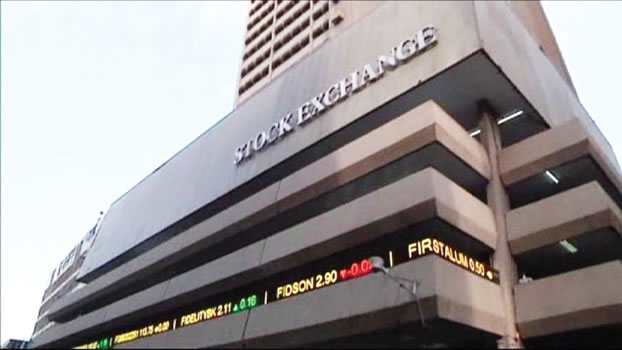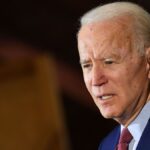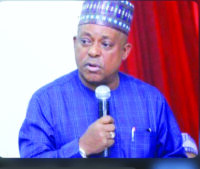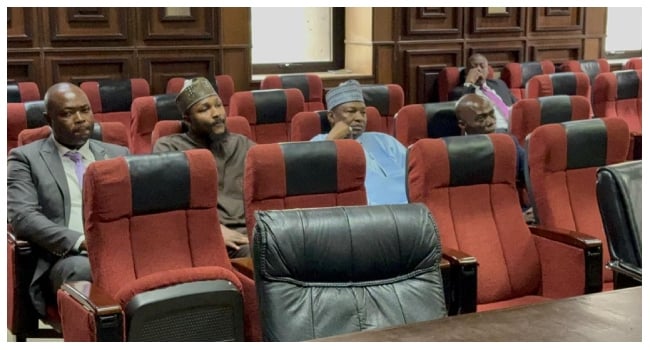Nigeria’s external reserves have recorded their first sustained increase in 2025, rising by $364 million between April 30 and May 14.
The development marks a potential turning point in the nation’s foreign currency position.
The Central Bank of Nigeria (CBN) reported that gross reserves climbed from $37.934 billion to $38.298 billion during the two-week period—a 0.96% growth after months of steady decline since their peak of $40.92 billion on January 6, 2025.
This rebound follows a challenging period marked by pressure from external debt repayments, falling oil production, and volatile forex demand. By the end of April, Nigeria had lost approximately $2.62 billion in reserves over four months, making this recent uptick a noteworthy shift in the country’s external accounts trajectory.
The rise in reserves reflects growing confidence in the CBN’s renewed FX market liberalization policies and efforts to boost transparency. The bank’s pivot from aggressive currency defense to a more market-driven exchange rate management has curbed speculative demand and hoarding, conserving reserves for critical needs.
Enhanced digital monitoring of FX flows and tighter oversight of foreign exchange usage and Bureau de Change operators have also limited leakages, promoting a more sustainable forex environment.
CBN Governor Olayemi Cardoso highlighted the deliberate nature of the progress, stating, “This improvement in our net reserves is not accidental; it is the outcome of deliberate policy choices aimed at rebuilding confidence, reducing vulnerabilities, and laying the foundation for long-term stability.”
Looking ahead, the CBN remains optimistic that reserves will continue their upward trend throughout 2025, supported by improved oil production and a stronger export climate, particularly from non-oil sectors.
A strengthened reserve position is expected to stabilize the naira, ensure timely external debt payments, and bolster international investor confidence. However, maintaining this momentum hinges on stable oil output, sustained investor trust, and reduced fiscal dependence on imports and external borrowing.

















Leave a comment